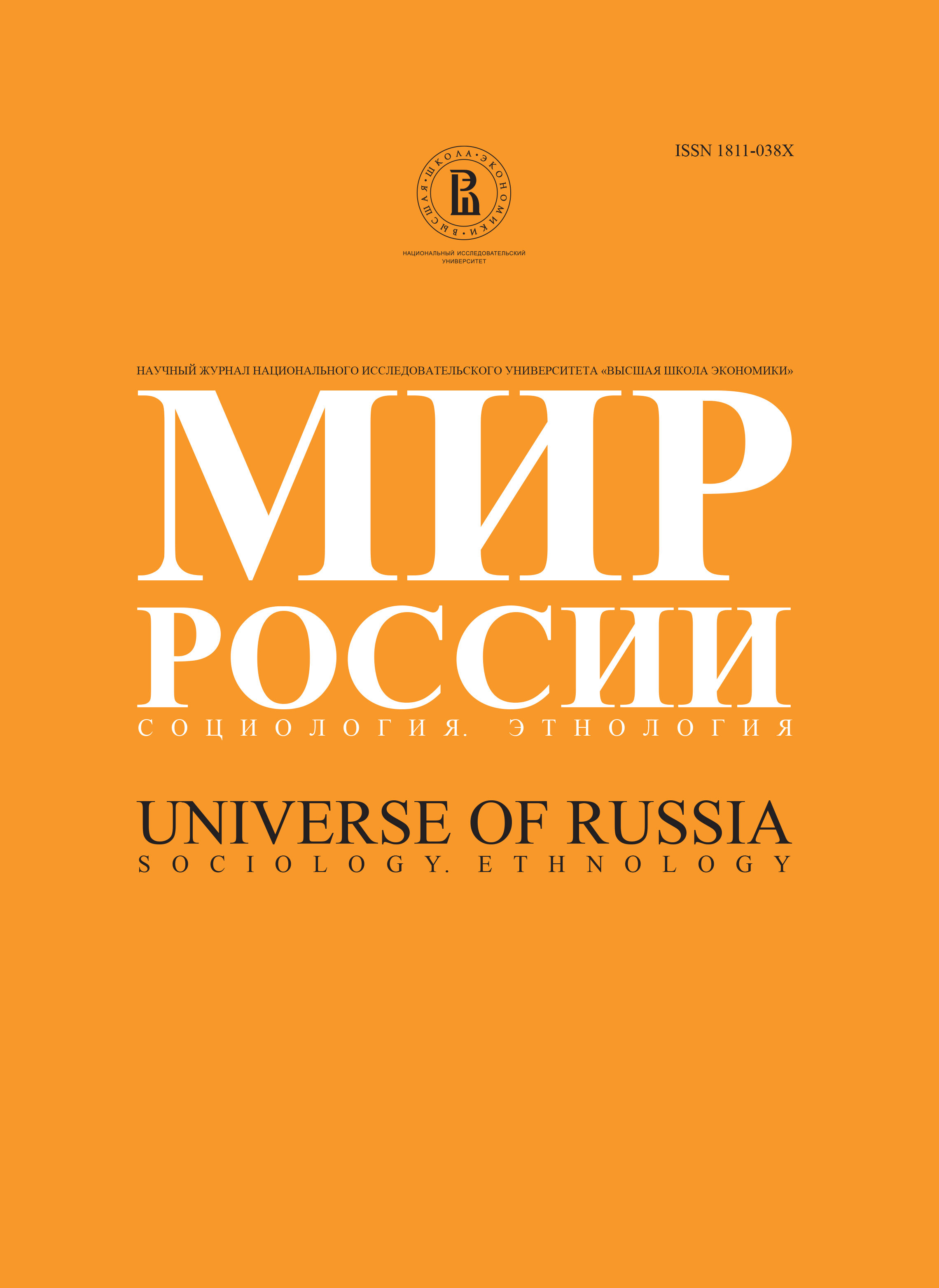Nomadizm, settled way of life, sovereignty (relating to the issue of statetransformation in Russia)
Abstract
Eastern sovereignty: provision of collective existence. Transition to settled way of life in the East resulted in transformation of tribal community into a neighbousr' one; to separation of family, as initial economic-demographic structure; and to formation of a state power above all. In economic sense an existed hierarchy derogated the individual, while in the sphere of appropriation it created prerequisites for turning of individual activities to their own souls. However, the same factors, which influenced the personal attitude have also prevented autonomy of economic life, "grounding" of freedom and its conversion from being as a separate value into facility. The following step ahead could have been made by those generalities, which have not yet made the first one.Western sovereignty: individualization of economic freedom. Western settled way of life defined the safety of life and property as an independent aspect of economic sovereignty. Safety, being specific economic good in Europe, became the object of "lease & rent" transactions between military and civil population.
From economic point of view the "Life & Death" question in the West gained the following solution: definition of two issues (1) economic existence of industrial subjects (life and death, bankruptcy) and (2) physical existence of individuals (life and death), and those have been distributed between various levels of social hierarchy. Thus, the influence of the factors caused by economic activities on the (2) issue diminished consequently. Russian sovereignty in economy: the quest continues.
Transition to the settled way of life in Russia took place partially at the same time, as in Western Europe. However, it had mostly pagan than Christian basis. This makes Russia closer to the East.
Technological basis in Russia coincided with one in the East - "manure - grain", but autonomy existed not on the family level, but on the level of neighbours' community-''реасе". "Peace" could be characterized by transient nature of family, as economic unit. Duration of the family life was even shorter than the life of a person - it started from the moment of family formation when it was given a plot of land until children marriage. So we may only talk about partial individualization of labor and life in Russian communities. Its difference from the East, was in the absence of need in execution of some economic functions by the state. Its difference from Western community, was in the absence of need in execution of local security functions (vagrants, robbers). Major problems referred to relations with different nomadic communities - in Eastern lands and Northern seas. The Northern communities executed the functions of "global protectors", but their priority was to secure their own trade communications. So, initially, the State (elite) in Russia was interested in international trade. The existence of such interest prevented to execute its general protection function. It did not ensure protection from land nomads.
The presence of independent interests in "the upper strata" and "lower orders" and incapability of "the upper strata" to execute the general protection function, lead to the permanent "vertical" war for the share of own economic sovereignty. Long-term objective of all economic agents, was to minimize dependency of their own existence from the others, and in industrial naturalization - as one of the ways to implement economic sovereignty (freedom to operate and provision of existence).






